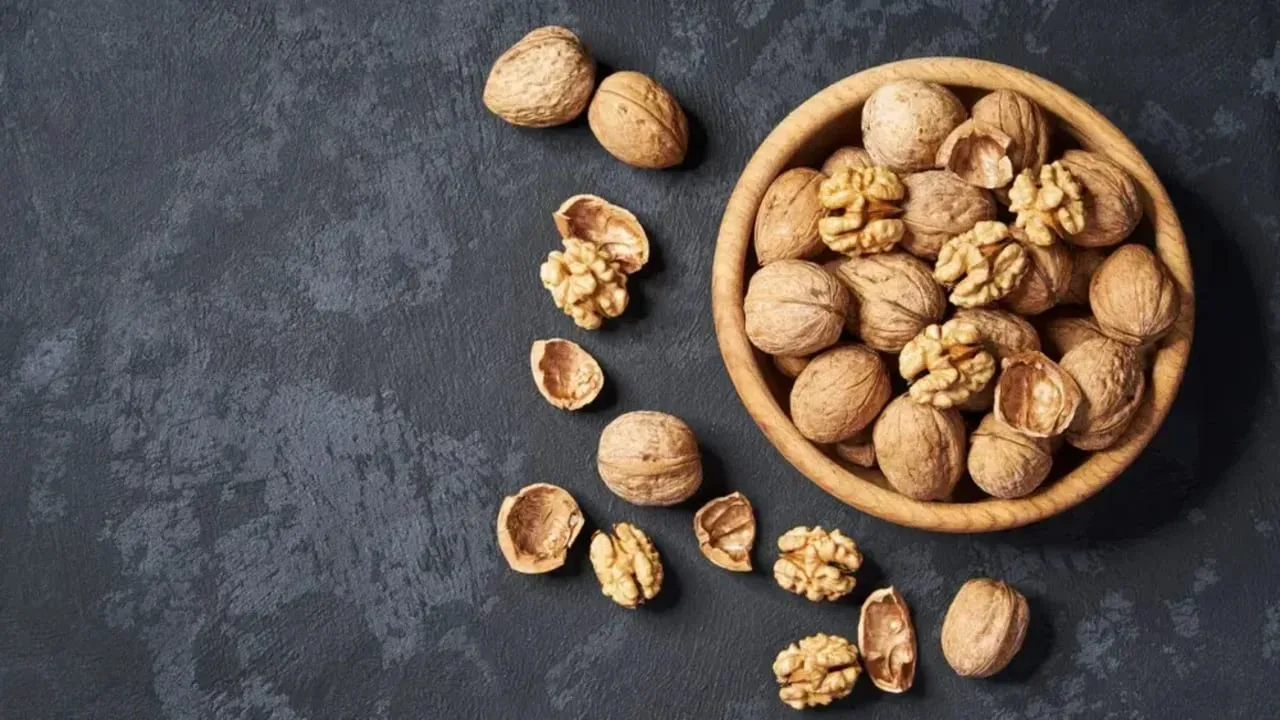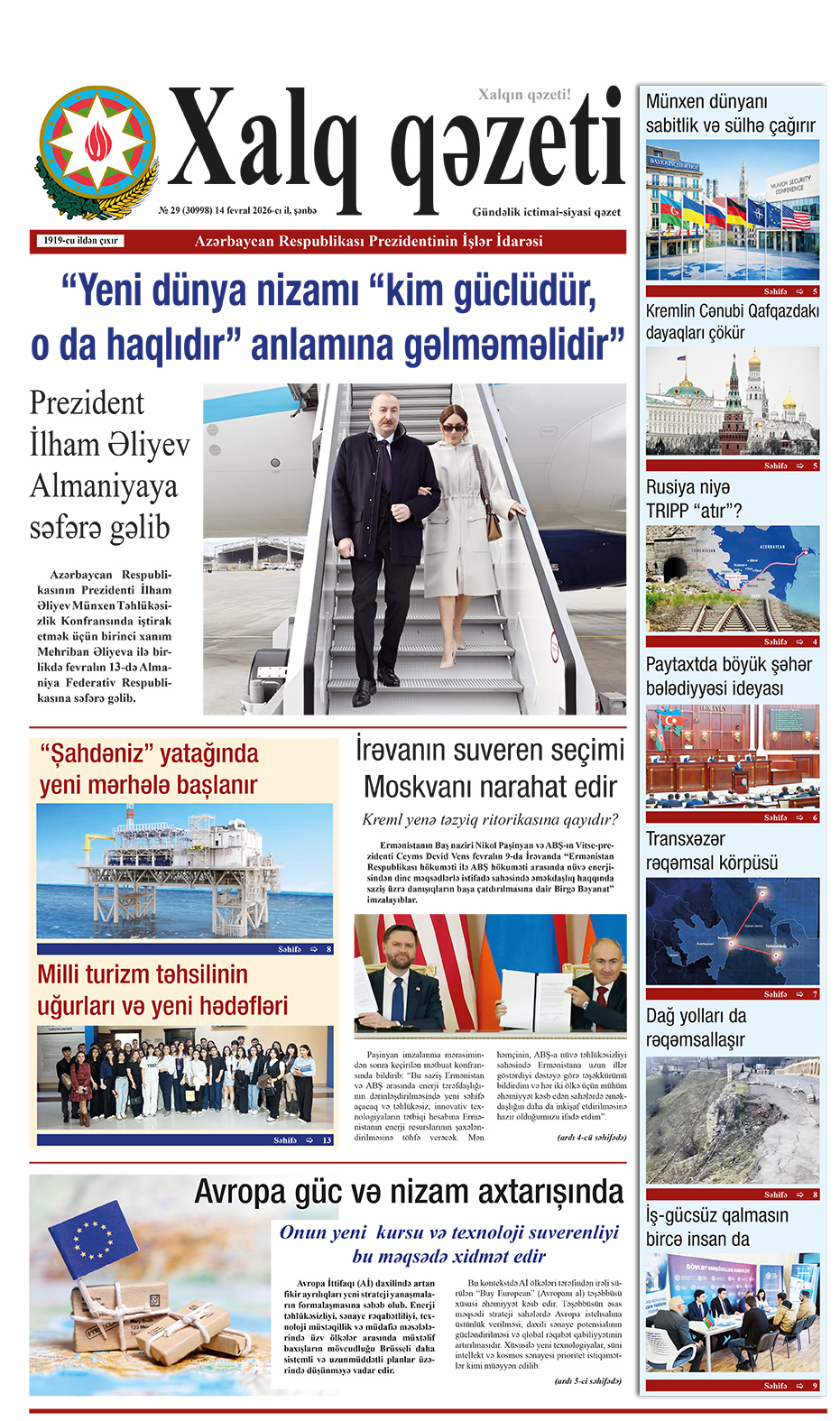By JERUSALEM POST STAFF
Women who drank one to three cups of caffeinated coffee daily in midlife had higher chances of 'healthy aging', reaching 70 without major diseases or cognitive impairments.
A recent study led by Dr. Sara Mahdavi from the University of Toronto, presented at the annual Nutrition 2025 meeting of the American Society for Nutrition in Orlando, revealed that women who regularly consume caffeinated coffee during midlife are more likely to maintain their physical and cognitive health into their later years.
The study analyzed data from over 47,000 women who participated in the long-running Nurses' Health Study, which began in 1984. According to The Independent, participants were interviewed at midlife and followed for 30 years, completing surveys on their diet, health, and lifestyle every four years. The comprehensive data collection provided valuable insights into how caffeine consumption affects the likelihood of women reaching 70 years or older without serious health problems—whether physical, mental, or cognitive.
Researchers found that women who consumed caffeine from coffee had a higher probability of healthy aging. Specifically, those who aged well—defined as reaching at least 70 without major chronic diseases, cognitive decline, memory complaints, or physical disabilities—tended to consume an average of 315 milligrams of caffeine per day, roughly equal to three small cups of regular coffee.
"The study showed that moderate consumption of caffeinated coffee in middle age is associated with a higher likelihood of healthy aging 30 years later," said Mahdavi, the lead author and an assistant professor at the Faculty of Medicine and the Department of Nutritional Sciences at the University of Toronto. "Women in their fifties who drank one to three cups of caffeinated coffee daily had a higher likelihood of reaching an old age free of major chronic diseases and with good cognitive, physical, and mental health."
The positive health effects were observed exclusively with caffeinated coffee; neither decaffeinated coffee, tea, nor cola showed similar benefits. In fact, higher consumption of cola or other caffeinated soft drinks was linked to a lower chance of healthy aging, with these beverages found to actually harm health. According to Sky News, each additional small glass of fizzy drink was associated with a 20–26% lower likelihood of healthy aging.
Researchers noted that coffee contains a range of bioactive compounds that could act together to influence aging pathways. "Coffee may uniquely support some biological pathways associated with aging, which maintain mental and physical performance," Mahdavi explained. However, she emphasized that while moderate coffee intake might offer some protection, it should be viewed within the context of a broader healthy lifestyle.
"These results, while preliminary, suggest that small, consistent habits can shape long-term health," she said. "But our study should not be understood as a blanket recommendation to start or increase coffee consumption."
Experts highlighted that the beneficial effects of coffee are enhanced when combined with other healthy habits, such as regular exercise, a balanced diet, and avoiding smoking. The researchers obtained results by comprehensively reflecting various variables such as weight, smoking status, drinking habits, and physical activity.
By 2016, 3,706 women met the study's healthy aging requirements, but fewer than 10% of the respondents met all the criteria for healthy aging. The findings pointed to a genetic component in caffeine metabolism and health outcomes. Individuals who metabolize caffeine slowly—due to specific genetic traits—might face increased risks of kidney issues if they consume large quantities of coffee.
Future research by Mahdavi's team will investigate how bioactive coffee compounds interact with metabolic and genetic markers of aging, especially in women. "The goal of future research is to create more personalized dietary guidance that considers individual health profiles and genetic traits," she stated.
While past studies have linked coffee to reduced risks of death and chronic diseases, this new research is among the first to explore coffee's influence across multiple dimensions of aging over several decades. These findings add to the growing body of evidence that a moderate, consistent coffee habit—especially when paired with healthy lifestyle choices—may play a role in supporting a longer, healthier life.















